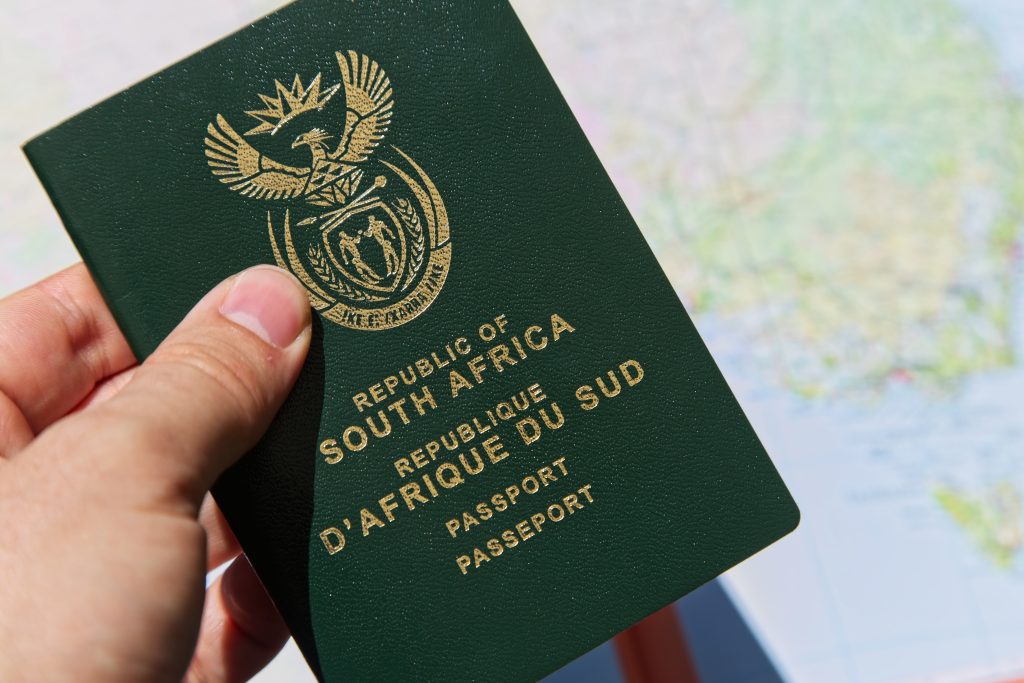General tax errors South African expats make
The management of tax obligations is one of the biggest challenges for South African expats. Mistakes in dealing with tax issues can lead to fines, interest and other legal problems. In this article, the most common tax errors made by South Africans abroad and how to avoid them are discussed.
1. Misunderstanding tax residency
One of the biggest misconceptions among expats is that South Africans living abroad are no longer taxable in South Africa. However, South Africa has a residence-based tax system, which means tax residents are taxed on their global income, no matter where they live.
You can use the following two main criteria to determine your tax residence status:
- Ordinary accommodation test: If you still consider South Africa your home and return from time to time, you are probably considered a tax resident.
- Physical presence test: If you spend more than 183 days (of which 60 days continuous) outside of South Africa during any 12-month period, you can qualify for tax exemption on foreign earnings.
Many expats fail to review their residence status and register it with the South African Revenue Service (SARS). This leads to unexpected tax obligations. It is advisable to seek professional tax advice to ensure you understand your status correctly. (Holborn)
2. Failure to claim exemption on foreign income
South African tax residents working abroad may be exempt from tax on up to R1,25 million of their earnings, provided they:
- are employed and work abroad;
- spend more than 183 days per 12-month period, including 60 consecutive days, outside South Africa.
Many expats are unaware of this exemption or apply it incorrectly, which can lead to them paying too much tax. Documenting your movements and income carefully is essential to comply with SARS requirements. (Mike Coady)

3. Failure to consider double tax agreements
Double taxation is a major concern for expats as they may be taxed on the same income in two countries. South Africa has double taxation agreements with several countries to prevent taxpayers from being taxed twice on the same income.
These agreements determine which country taxes specific income and offer tax credits or exemptions. Ignoring these agreements could result in unnecessary tax payments. It is essential to be familiar with the double taxation agreements between South Africa and your host country. (Holborn)
4. Failure to register as a preliminary taxpayer
If you earn a high income abroad that does not fall under South Africa’s Pay As You Earn (PAYE), you may need to register as a provisional taxpayer.
Provisional taxes require two or three instalments of advance tax payments based on estimated income. Failure to make these payments can result in penalties and interest. It is important to determine whether you are required to pay provisional taxes. (Grant Thornton)
5. Incorrect understanding of tax on fringe benefits and allowances
Many expats receive compensation for housing, travel expenses, children’s school fees and subsistence. However, some of these fringe benefits are taxable in South Africa and must be included in your tax returns.
If you do not declare these benefits correctly, SARS can fine you. Make sure you understand which parts of your compensation are taxable and file your tax return accurately.
6. Failure to submit a tax return
South African expats and South Africans temporarily working abroad are often unsure whether they need to file a tax return in South Africa. Some expats mistakenly believe they don’t need to file a tax return in South Africa if they don’t owe any tax.
However, SARS requires all tax residents to file annual returns, even if they earn foreign income or qualify for exemptions. Everyone who earns income in South Africa, such as rental income, must file a tax return.
Failure to file a return can lead to future administrative fines and problems with SARS. (Finglobal)
Also read: Moet Suid-Afrikaanse ekspats Suid-Afrikaanse belastingopgawes indien?
Belasting op huurinkomste uit ’n Suid-Afrikaanse eiendom

7. Failure to obtain professional tax advice
Tax laws are complex and change frequently. Handling tax matters on your own can lead to costly mistakes and unnecessary payments.
Consulting a knowledgeable tax advisor specialising in expat taxation can help you comply with legal requirements and maximise tax savings. It is a wise investment for any South African living abroad.
Summary
South African expats should plan their taxes carefully. Make sure of the following:
- That you understand your tax residency status correctly
- That you make use of the tax exemption on up to R1,25 million of foreign income
- That you take advantage of double taxation agreements
- That you register for provisional tax if necessary and pay on time
- That you declare your taxable benefits and allowances correctly
- That you file annual tax returns, even though you live abroad
- That you seek professional tax advice
If South African expats avoid these common tax mistakes and plan their taxes well, they can manage their financial situation better and avoid unnecessary tax costs and penalties. This will help ensure that they comply with legal requirements and receive no unpleasant surprises from SARS.
Photo’s: Unsplash




















